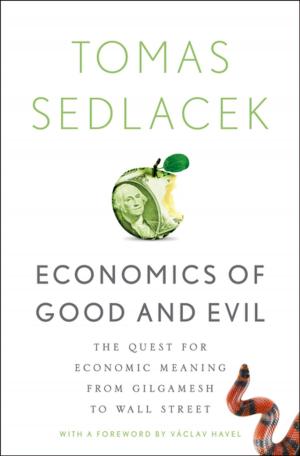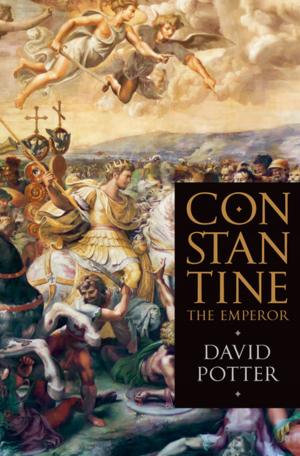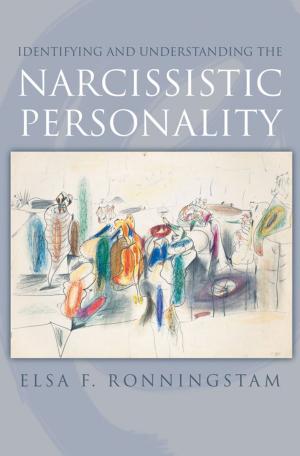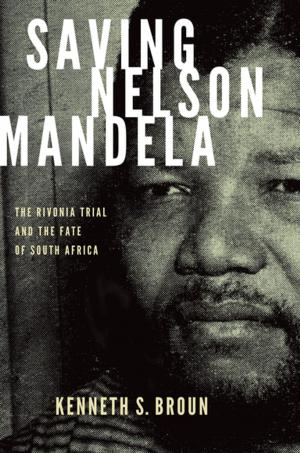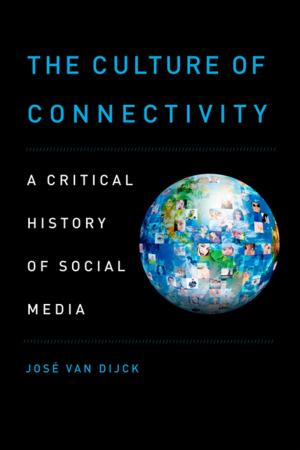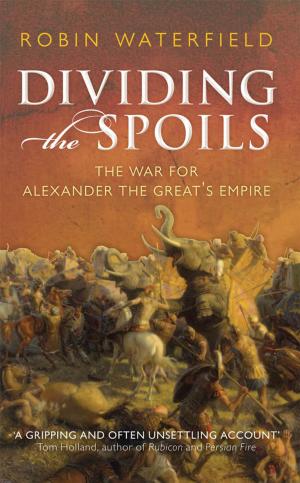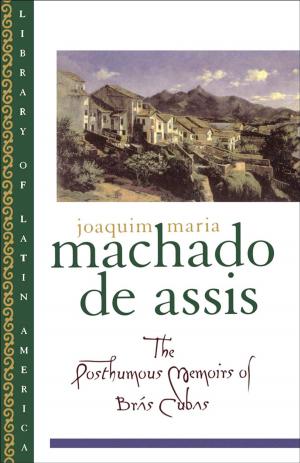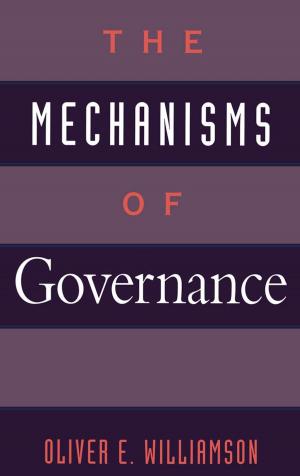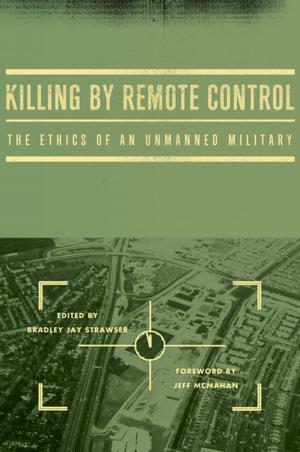El Libertador:Writings of Simon Bolivar
Writings of Simón Bolívar
Fiction & Literature, Literary Theory & Criticism, Nonfiction, History, Americas| Author: | Simon Bolivar | ISBN: | 9780199881789 |
| Publisher: | Oxford University Press, USA | Publication: | March 15, 2003 |
| Imprint: | Oxford University Press | Language: | English |
| Author: | Simon Bolivar |
| ISBN: | 9780199881789 |
| Publisher: | Oxford University Press, USA |
| Publication: | March 15, 2003 |
| Imprint: | Oxford University Press |
| Language: | English |
General Simon Bolivar (1783-1830), called El Liberator, and sometimes the "George Washington" of Latin America, was the leading hero of the Latin American independence movement. His victories over Spain won independence for Bolivia, Panama, Columbia, Ecuador, Peru, and Venezuela. Bolivar became Columbia's first president in 1819. In 1822, he became dictator of Peru. Upper Peru became a separate state, which was named Bolivia in Bolivar's honor, in 1825. The constitution, which he drew up for Bolivia, is one of his most important political pronouncements. Today he is remembered throughout South America, and in Venezuela and Bolivia his birthday is a national holiday. Although Bolivar never prepared a systematic treatise, his essays, proclamations, and letters constitute some of the most eloquent writing not of the independence period alone, but of any period in Latin American history. His analysis of the region's fundamental problems, ideas on political organization and proposals for Latin American integration are relevant and widely read today, even among Latin Americans of all countries and of all political persuasions. The "Cartagena Letter," the "Jamaica Letter," and the "Angostura Address," are widely cited and reprinted.
General Simon Bolivar (1783-1830), called El Liberator, and sometimes the "George Washington" of Latin America, was the leading hero of the Latin American independence movement. His victories over Spain won independence for Bolivia, Panama, Columbia, Ecuador, Peru, and Venezuela. Bolivar became Columbia's first president in 1819. In 1822, he became dictator of Peru. Upper Peru became a separate state, which was named Bolivia in Bolivar's honor, in 1825. The constitution, which he drew up for Bolivia, is one of his most important political pronouncements. Today he is remembered throughout South America, and in Venezuela and Bolivia his birthday is a national holiday. Although Bolivar never prepared a systematic treatise, his essays, proclamations, and letters constitute some of the most eloquent writing not of the independence period alone, but of any period in Latin American history. His analysis of the region's fundamental problems, ideas on political organization and proposals for Latin American integration are relevant and widely read today, even among Latin Americans of all countries and of all political persuasions. The "Cartagena Letter," the "Jamaica Letter," and the "Angostura Address," are widely cited and reprinted.

